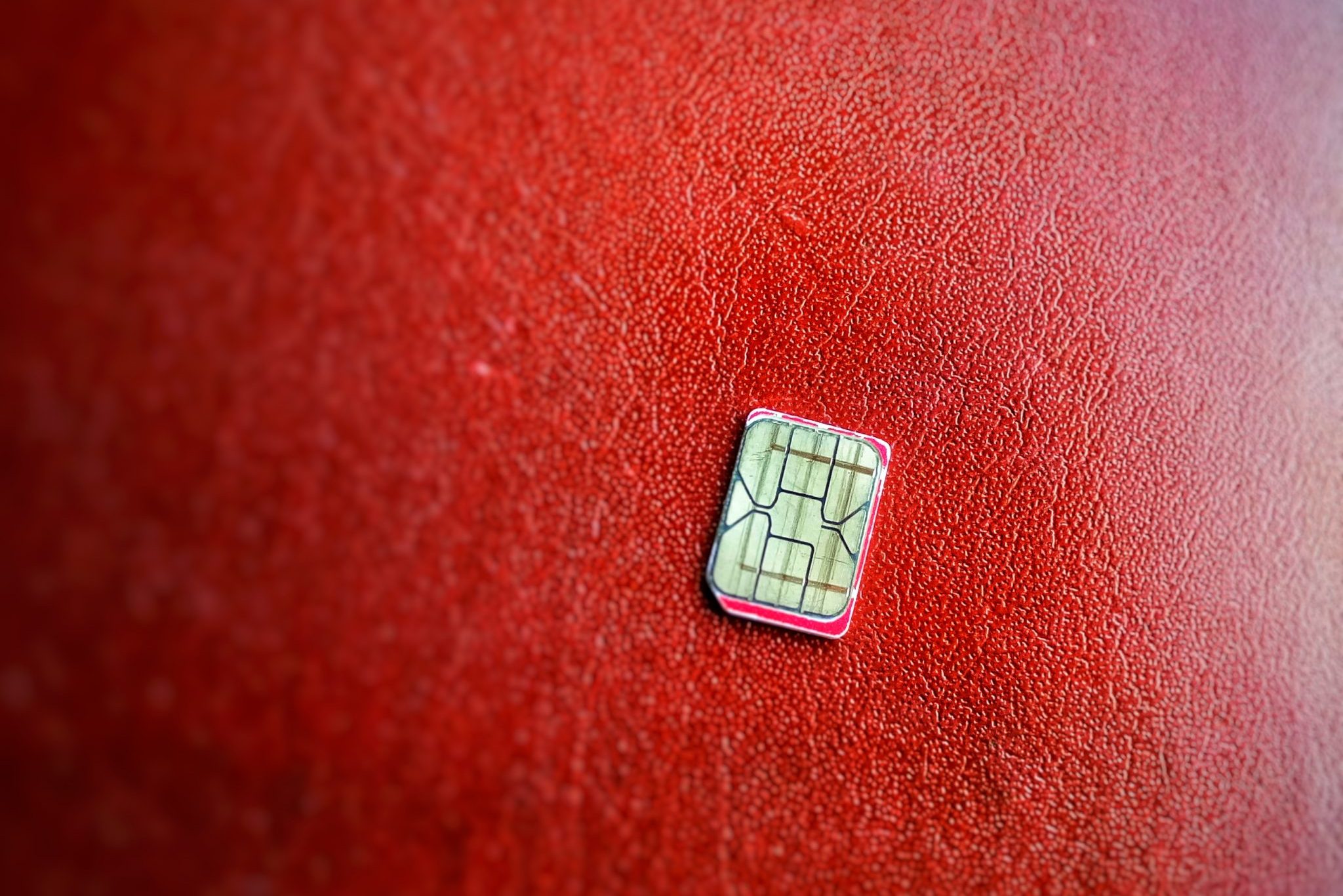
For parents planning to give their kids tech gadgets as Christmas gifts, here's a roundup of our best internet safety tips from Digital Parenting magazine.

By Helen Lamprell, External Affairs Director & General Counsel
Parents, are you planning on giving your kids tech gadgets for Christmas? Electronics like smartphones, tablets and video games are expected to make up over 18% of our Christmas spending after clothing and toys, with an average spend of around £45 per shopper, according to the Centre for Retail Research. And parents are known to spend a lot more – over eight in 10 say that on average, they shell out more than £200 on tech for their kids’ Christmas presents, and close to a fifth (16%) spend more than £400.
These figures suggest our kids could be looking forward to lots more screen time this Christmas. Of course it’s important to know how to set parental controls on digital devices, but there’s so much more we can do as parents to help our kids stay safe online. For example, we can talk to our kids about how they use their phones and tablets, and teach them the skills they need to navigate the digital world safely. At Vodafone, we’d like to help.
Helping kids stay safe online
Every year we publish Digital Parenting Magazine, which curates the latest expert advice on parenting in the digital age. Created by Parent Zone and funded by the Vodafone Foundation (UK registered charity number 1089625), Digital Parenting contains articles written by psychologists, teachers, parents and other influencers and professionals in this field. To help you ensure that your children stay safe online, here are five steps to take right now.
1. Talk with your child about how to stay safe online
Start by having an open dialogue with your kids. In this article, psychologist Dr John Coleman explains what to do to engage your child in conversations about online safety. As he notes, it’s as important to listen as well as talk, and actions can speak louder than words. As parents, we must model good online behaviour for our children, and practise what we preach. You can read more about how to be a digital role model here.
2. Teach your child to be digitally resilient
One of the most important skills you can teach your child is digital resilience. Digital resilience means being able to recognise when you’re at risk online, and knowing what to do about it. Sadly, cyberbullying is on the rise these days – the number of counselling sessions Childline delivered to young people calling about online bullying soared by 88% between 2011 and 2016 – so it’s all the more essential that we teach our children how to be digitally resilient. For expert advice on what digital resilience is, and how to teach kids this skill, check out this article by Vicki Shotbolt, CEO of Parent Zone.
3. Teach your child to be a critical thinker
Being a critical thinker isn’t just about being able to identify fake news, says Eleanor Levy, Editor at Parent Info. It’s also about being able to tell when you’re given bad advice online, or pressured into taking part in viral stunts that could prove damaging to your well-being. In this post, Levy explains the importance of teaching critical thinking as well as two other key digital life skills: being a confident communicator and being a capable tools user.

4. Know what to do if your child is being bullied online
For many parents, cyberbullying has become an all too familiar problem. In the UK, one in five children aged between 10 and 12 has experienced bullying or trolling on social media, according to a CBBC Newsround survey. If you discover that your child is being bullied online, what should you do? In this post, Katie Collett shares eight tips from The Diana Award Anti-Bullying Campaign. These tips include asking your child what they want to do in response, and keeping a record of the bad behaviour your child is experiencing online, so that you have evidence if you need to take the matter further.
Your child can also play a role in helping to combat cyberbullying. The key is knowing how to respond when witnessing bullying behaviour online. The Royal Foundation’s Taskforce on the Prevention of Cyberbullying recently launched Stop Speak Support, a code of conduct aimed at 11-16 year olds that suggests specific actions to take when they see bullying activity online. Developed in consultation with young people on the Taskforce, Stop Speak Support provides a ‘green cross code’ for the web, giving kids and teens clear rules and guidelines to follow when using social media and gaming platforms. You can read more about the Stop Speak Support initiative here.
5. Make screen time high quality
Due to threats such as cyberbullying, many parents feel anxious about letting their children use digital devices for as long as they like. It’s natural for parents to wonder, are my kids spending too much time online? According to experts like Sonia Livingstone and Alicia Blum-Ross from the London School of Economics and Political Science, it isn’t the amount of time with digital media that’s important, but the quality of the time spent. Screen time offers plenty of opportunities for kids to develop their skills, from reading and writing to coding, Livingstone and Blum-Ross say.
New technologies like virtual reality (VR) can also spur your child’s imagination. With VR, your child can take virtual trips anywhere, even into space. For more on how VR can be used to help children learn as well as play, here’s an article by Yusuf Tamanna, IT teacher turned internet safety writer.
Check out Digital Parenting Magazine online

For even more tips on helping kids stay safe online, visit us here. You’ll find not just advice from experts, but also insights from fellow parents, such as this article on setting family technology rules. If you have any feedback on our magazine, or if you’d like to suggest other online safety topics that we should cover, please do get in touch. We’d love to hear from you.
From all of us at Vodafone, we wish you and your family a Merry Christmas and a Happy New Year!




